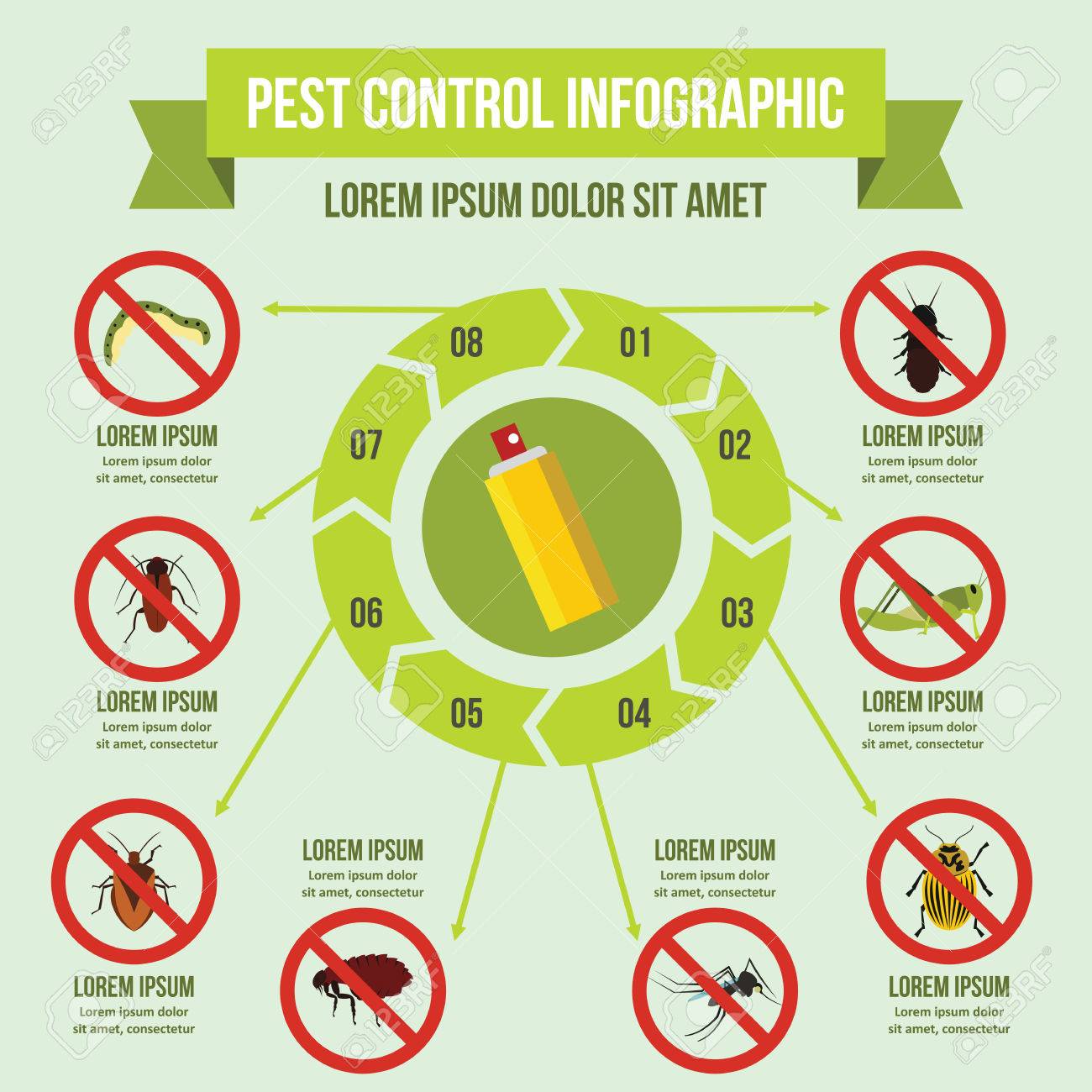The Role Of Bug Control In Food Security And Hygiene
The Role Of Bug Control In Food Security And Hygiene
Blog Article
Team Author-Franklin Futtrup
Are you aware of the surprise risks that insects pose to the security and health of your food? From rats to bugs, these undesirable site visitors can infect your components, surfaces, and storage space areas.
This short article discovers the vital role of pest control in maintaining the highest possible requirements of food safety and hygiene. Discover effective strategies and prevention actions that will certainly help you protect your organization, consumers, and reputation.
Do not allow insects jeopardize the quality of your food.
The Impact of Pests on Food Safety And Security and Hygiene
In your kitchen area, bugs can have a substantial influence on food security and health. These undesirable visitors, such as rats, pests, and cockroaches, can pollute your food, surfaces, and tools with damaging microorganisms, viruses, and parasites. They can quickly access your cupboard, cupboards, and also your fridge, leaving droppings, pee, and hair.
Not only can they ruin your food by eating through packaging, yet they can likewise spread conditions like Salmonella, E.coli, and Listeria. Picture preparing a dish for your family members, unaware that the active ingredients you're making use of are already infected.
It's crucial to take instant activity to prevent and regulate pests in your kitchen area. Normal cleaning, proper food storage space, and professional insect control steps are important to make sure food security and preserve a hygienic atmosphere in your kitchen.
Effective Pest Control Techniques for the Food Sector
Applying effective pest control strategies is crucial for maintaining food security and hygiene in the food sector. By implementing these techniques, you can stop parasites from polluting the food and make certain that your products are safe for usage.
Mechanical control is to routinely inspect and monitor your facility for indicators of pest task. This consists of monitoring for droppings, nests, or any type of damages caused by insects.
It's also crucial to seal all entrance points to stop insects from getting in the center. Normal cleaning and hygiene are vital, as insects are drawn in to food deposit and spills.
In addition, correct waste administration is critical to prevent the build-up of food waste that can attract pests.
Maintaining Hygiene Criteria Via Pest Prevention Steps
To keep hygiene criteria, you must frequently carry out bug prevention procedures. By taking proactive actions to stop parasites from entering your food establishment, you can make certain the safety and security and cleanliness of your facilities. Below are some reliable pest prevention measures to think about:
- Seal all cracks and crevices: Bugs can enter with even the tiniest openings. Frequently check and seal any kind of voids in doors, home windows, walls, and floorings to keep parasites out.
- Appropriate waste management: Get rid of food waste immediately and firmly in sealed containers. This will lessen the tourist attraction of pests and stop invasions.
- Regular cleansing and sanitizing: Preserving cleanliness in your facility is essential. Consistently tidy and disinfect all areas, paying special attention to locations where parasites might hide or reproduce.
- Carry out a surveillance system: Routinely examine your facilities for signs of parasite activity. Mount bug tracking devices, such as traps or sensors, to identify and attend to any kind of possible issues at an early stage.
Final thought
So remember, when it concerns food safety and hygiene, pest control plays an essential duty.
By implementing https://www.liveinternet.ru/users/stilling_fitch/post510979305 and safety nets, we can make certain the highest requirements of tidiness and safety and security in the food market.
Don't let pests jeopardize the quality of our food; allow's stand together and safeguard our health and wellness and well-being.
